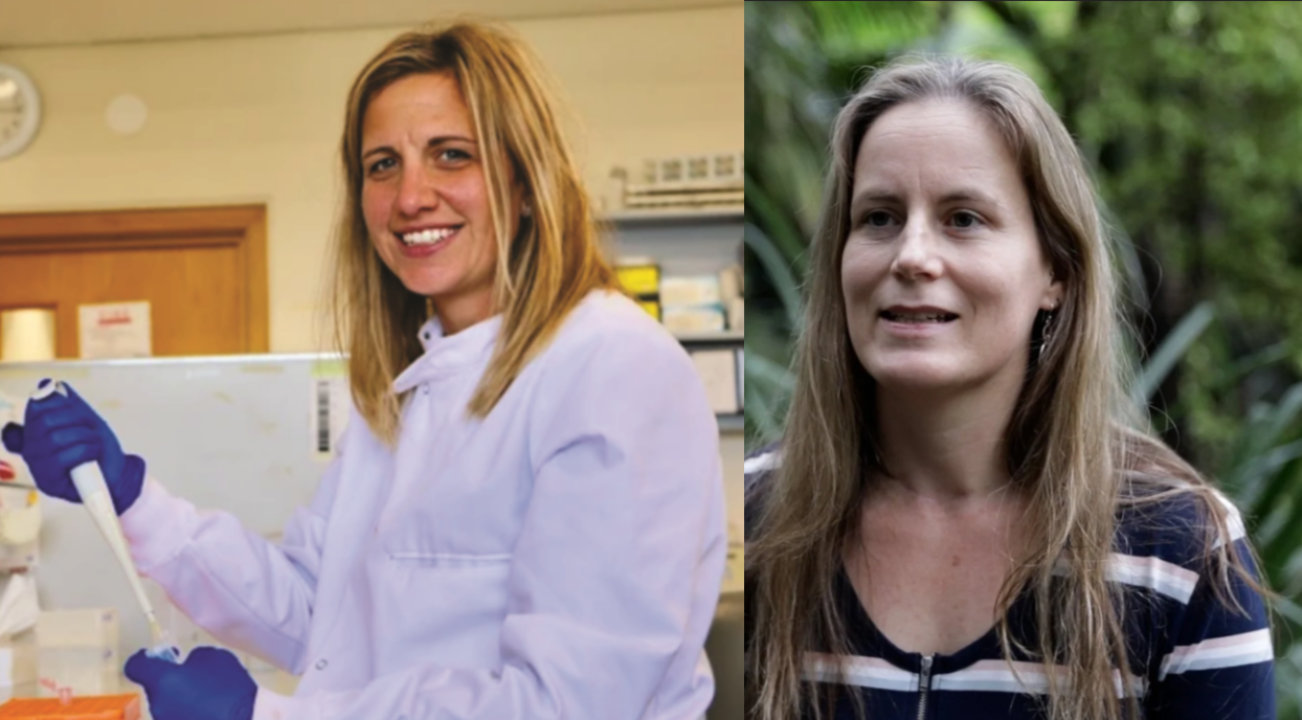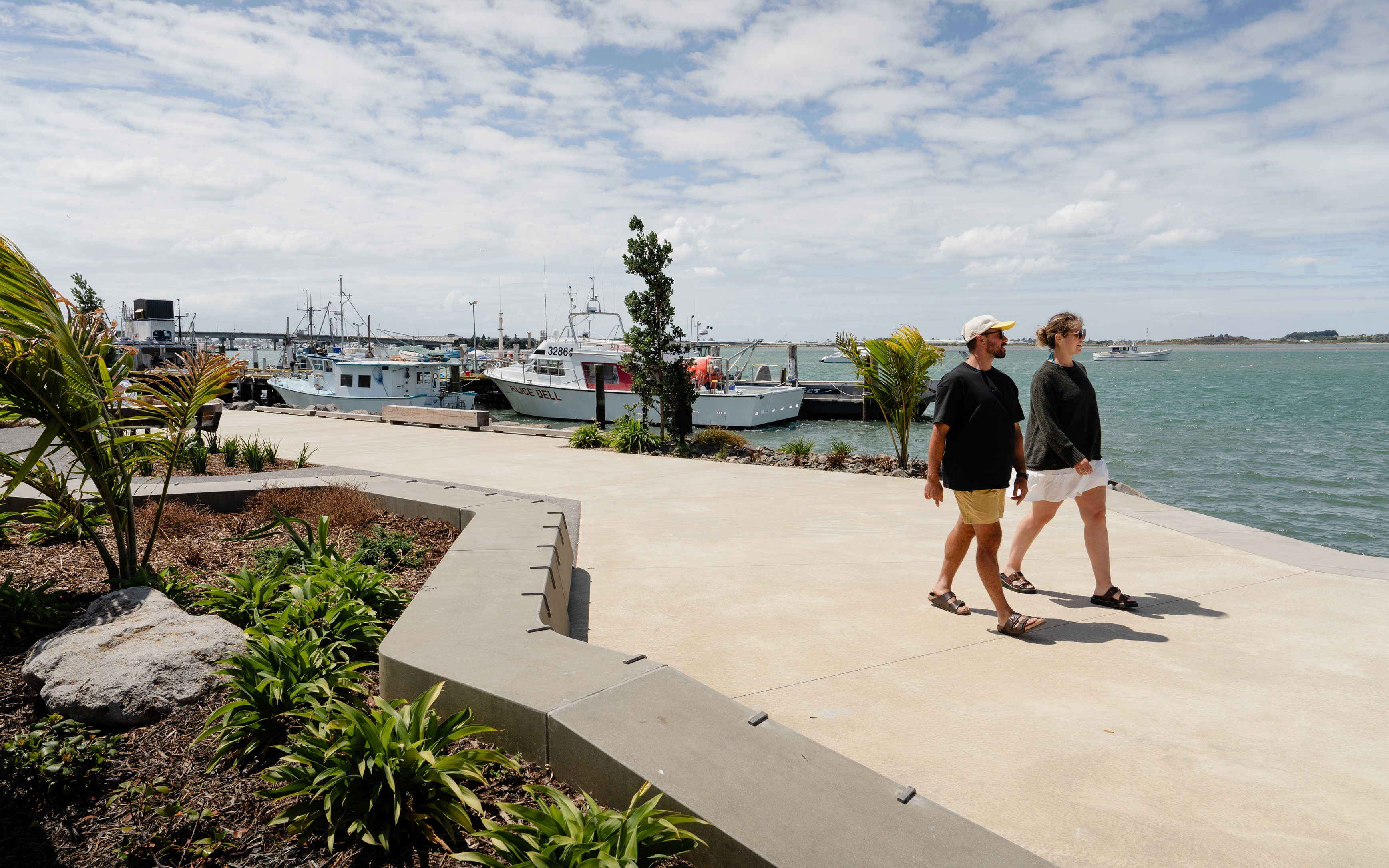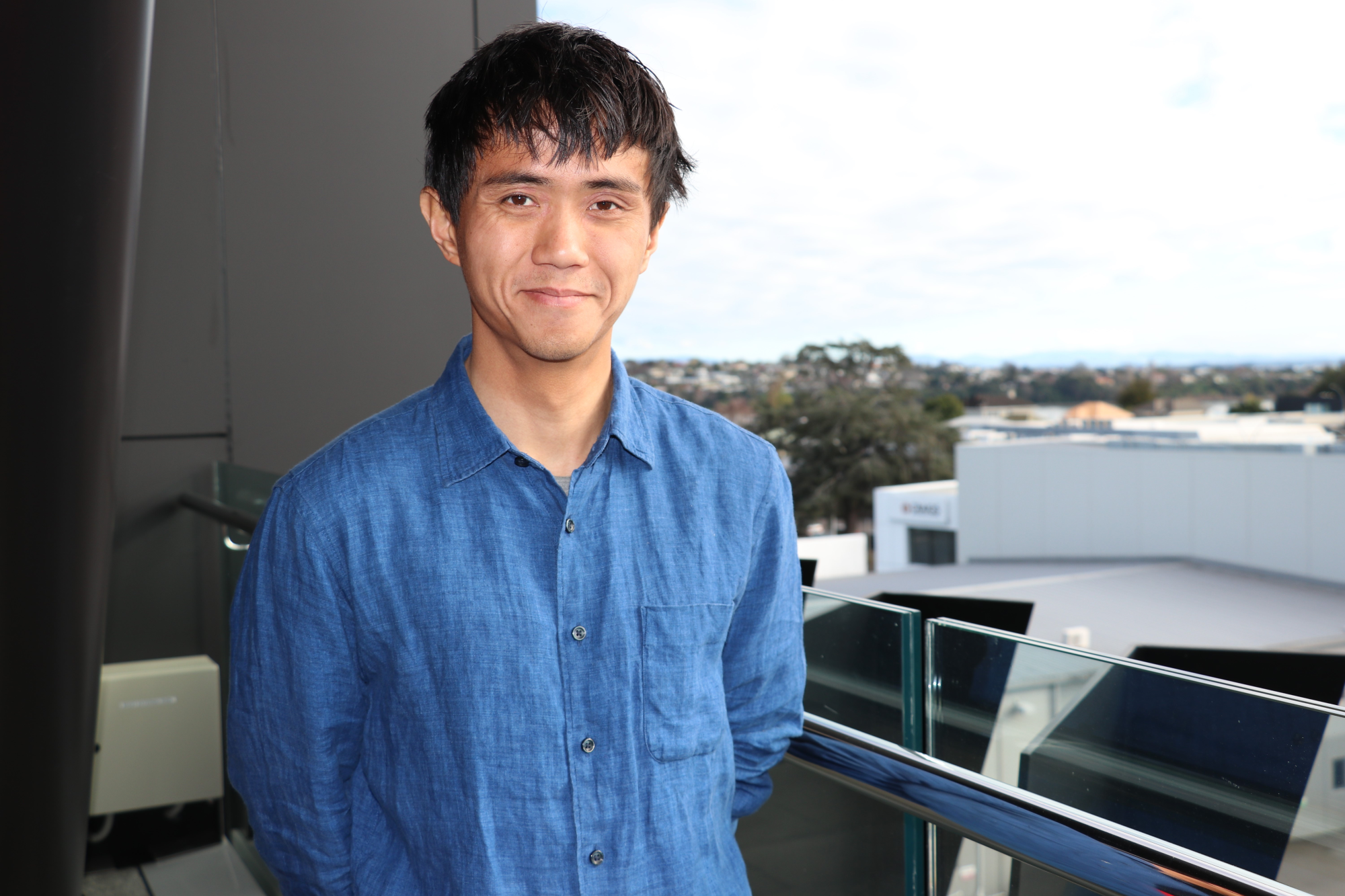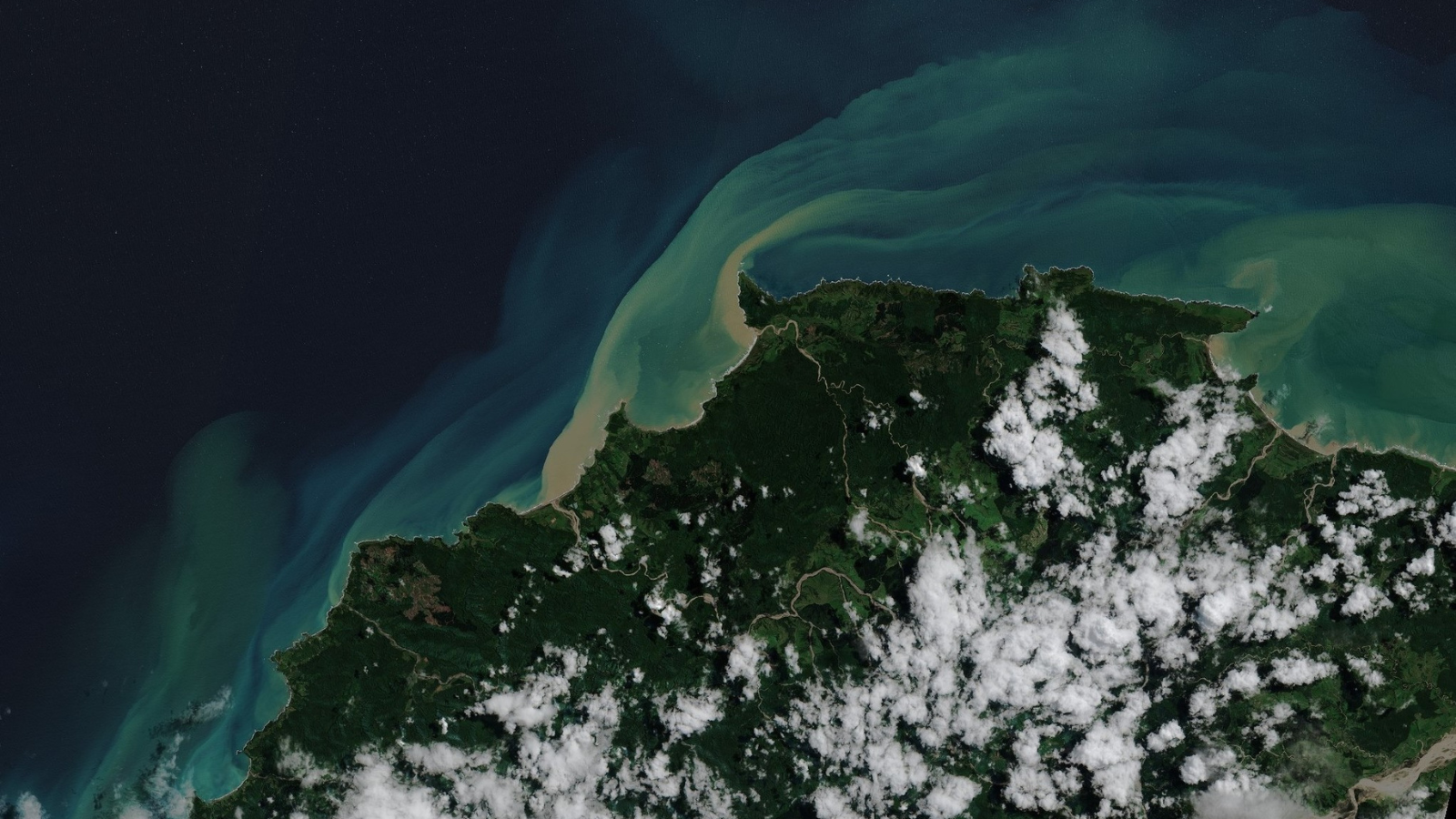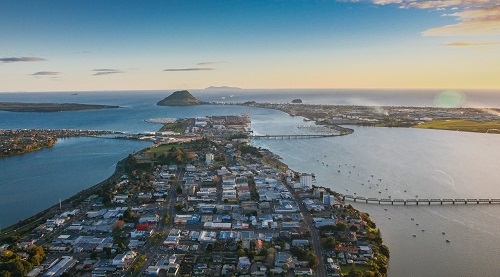
Photo credit bayofplentynz.com.
How seaweed can help our agriculture industry, green shipping and electric ferries, sea level rise, aquaculture and how we protect our marine biodiversity are among the topics for discussion at the New Zealand Marine Sciences Society Conference next week.
The University of Waikato’s Tauranga campus will host 400 scientists between 5 – 8 July, presenting research on how to sustainably harness the economic potential of our marine environment while addressing the restoration of our marine ecosystems and conservation of our marine biodiversity.
The conference: “Titiro whakamuri, kōkiri whakamua”, looking back to move forward, is the first time in two years New Zealand’s marine scientists have been brought together and the first time in 40 years the conference has been hosted in Tauranga.
Conference organiser, University of Waikato Chair in Coastal Sciences, Professor Chris Battershill, says the issues and potential presented by New Zealand’s marine environment are enormous.
“We’re working against a backdrop of climate change, and we need to ramp up conservation and restoration in our marine environment, but we also want to grow our blue economy. The conference is a hot spot for bringing all those considerations into one place,” says Professor Battershill.
Research from the Government’s Sustainable Seas Science Challenge estimates New Zealand’s marine economy could contribute up to three percent of New Zealand’s GDP in the future. The Government has also set a target to grow New Zealand’s aquaculture to a $3 billion industry by 2035.
Papers being presented cover New Zealand’s fledgling aquaculture industry from identifying compounds in seaweed for use in agrichemicals to creating community land-based aquaculture growing Toheroa and Yellowbelly Flounder.
Professor Battershill adds there is also research on microplastics, litter on our beaches, and the impact of sea level rise on communities, along with papers exploring biodiversity and ecosystem restoration.
A special symposium on green shipping, the use of electric ferries and the impact of acoustics on the marine environment would also be presented.
Attendees come from 240 agencies including Crown Research Institutes and universities around New Zealand. There are also 16 iwi represented, and 98 international agencies from France, Germany, the UK and USA, who are co-authors on some of the 246 papers being presented.
Professor Battershill says that alongside our growing aquaculture industry, New Zealand is emerging as a leader in the development of agrochemicals derived from marine compounds, citing that Waikato researchers are currently working on marine-based alternatives to glyphosates, the main ingredient in Roundup. They are also working with Zespri to develop compounds from seaweed to treat PSA in kiwifruit, a disease that costs the Kiwifruit industry $500 million a year.
“We are entering a new era for high value bio-actives from marine organisms and the agrochemical industry presents a huge opportunity for New Zealand because unlike pharmaceuticals we can capture all of that intellectual property in New Zealand,” says Professor Battershill.
“The potential to create jobs and a high value biotech industry from our marine environment is huge, but the challenges we face are also vast, which is why the integration of our research through events like this conference is so important.”
